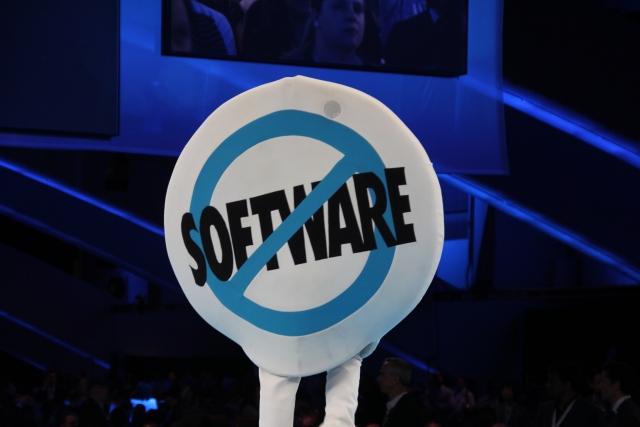“What’s the biggest risk to your business?” was one of the questions asked of Netsuite CEO Zack Nelson during a post keynote discussion at the Suiteworld event in San Jose yesterday.
Nelson’s response was the shift to transaction based businesses and cited cloud based human resources company Zenefits as an example.
The transactions model can work two ways with either a fee being charged for each transaction – something that data analytics Splunk does – or Zenefit’s model of taking third party commissions.
A commission driven business
Zenefits doesn’t charge for its software instead making money from commissions paid by companies they refer users to. When a client needs workplace insurance or a new benefits package, the service gets a fee from the provider.
Investors love the idea with the company yesterday raising $500 million in a round that values the business at $4.5 billion dollars after just two years since being founded.
Regulators however don’t like its less than transparent commissions with the service in trouble in a number of US states and it’s clear to see how such a revenue model would hit problems in countries with strong disclosure rules.
Both of the transaction models present a threat to current cloud computing software businesses such as Netsuite and Salesforce that charge fixed license fees based on the number of users and the features they want. Both Splunk and Zenefits on the other hand give their software away.
Disrupted disrupters
Just as the cloud providers’ licensing model disrupted the traditional massive negotiated contracts for enterprise software and the fixed cost box model for small business, the online companies themselves might be facing their own disruption to the way they make money.
For executives like Zach Nelson, shifting from one lucrative model to another more uncertain revenue source will be something keeping them awake for a while longer.

Leave a Reply